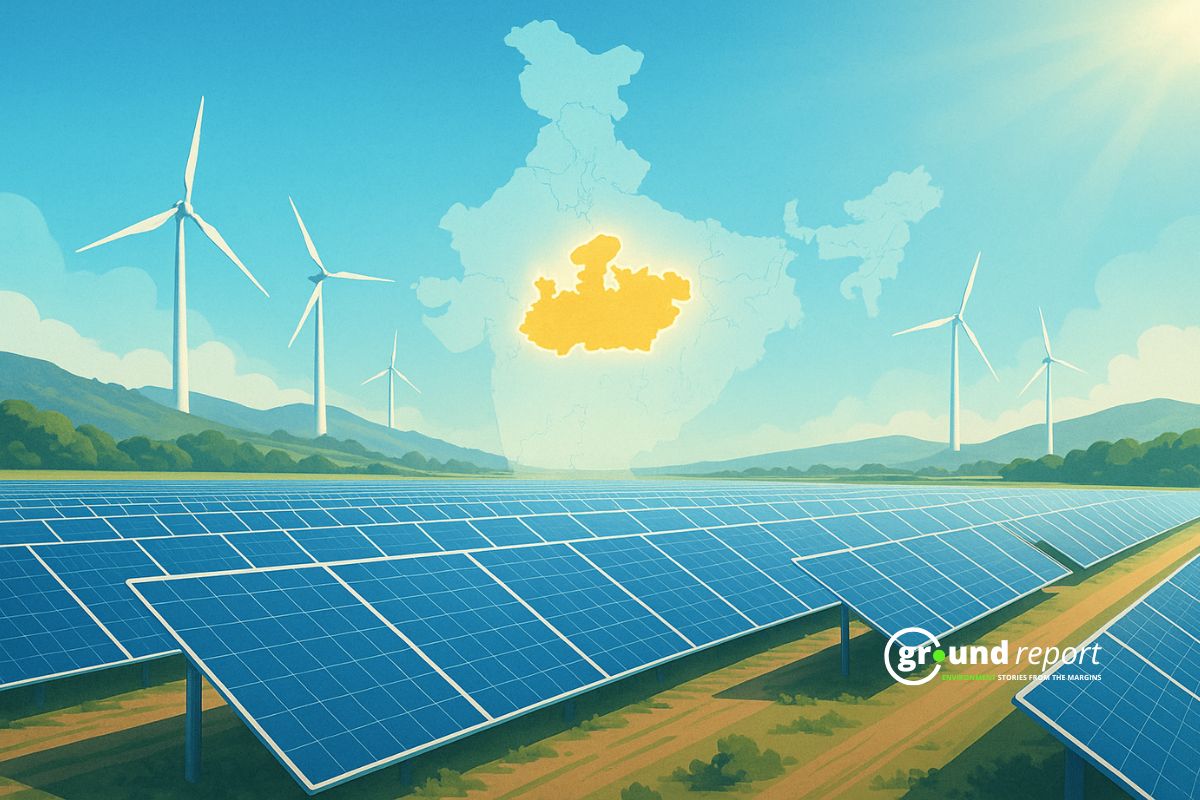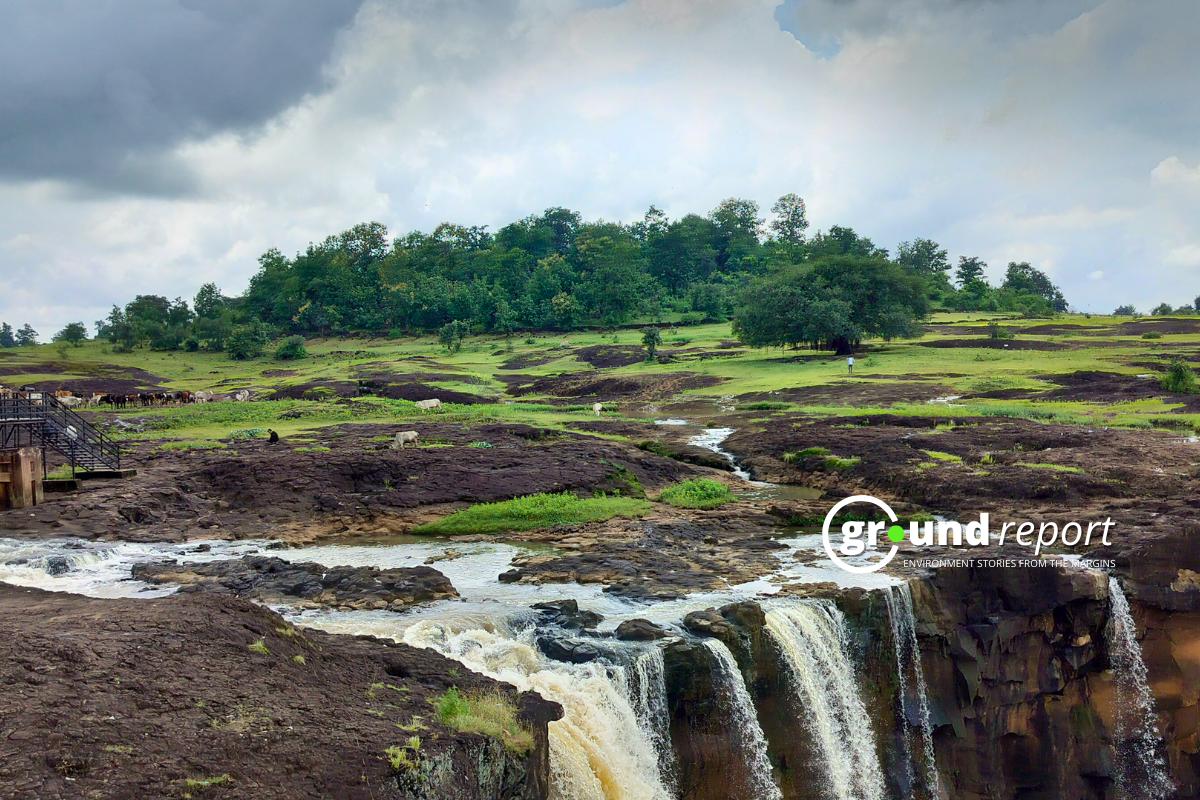Karnataka and Gujarat continue to lead the way in advancing the clean energy transition, according to a new joint report by the Institute for Energy Economics and Financial Analysis (IEEFA) and Ember.
Expanded report reflects electricity transition progress
This is the second year of collaboration between IEEFA and Ember on the Indian States’ Electricity Transition (SET) report. The report now includes five additional states, totalling 21 states, representing about 95% of India’s annual power demand from FY 2018 to 2024 (up to November). This year, the assessment criteria have been updated to better reflect states’ progress in transitioning their electricity sectors, incorporating feedback from stakeholders and improved data availability.
Despite these changes, Karnataka and Gujarat have demonstrated strong performance across various dimensions, effectively integrating renewable energy sources and making significant strides in decarbonization.
However, states like Jharkhand, Bihar, West Bengal, and Uttar Pradesh still lag, similar to last year’s findings. While these states are in the early stages of their transition, they need to focus on increasing the deployment of renewable energy, participating more actively in short-term markets, and strengthening their distribution companies.
“Cyclical weather conditions coupled with faster economic activity is pushing India’s peak electricity demand higher every year. While the central government is taking steps to integrate more renewable energy into the grid, states, too, need to be prepared to do so. Gauging subnational progress now requires constant monitoring of several parameters at the state level. A purely national overview can often overshadow subtle intricacies at the state level, which may stymie the country’s electricity transition,” says the report’s contributing author, Vibhuti Garg, Director at South Asia, IEEFA.
As temperatures soar in India, the Ministry of Power gears up for a projected peak power demand of 260 gigawatts. The onset of harsh summers also presents an opportunity to leverage more clean energy sources, such as solar power. However, this necessitates the readiness of states to transition to cleaner sources of electricity.
Key takeaway from report
- Karnataka and Gujarat maintained strong performance in power sector decarbonization from 2023 to 2024.
- These states are well-positioned to accelerate the transition with adequate market enablers facilitating further growth.
- Progress in Jharkhand, Bihar, West Bengal, and Uttar Pradesh needs improvement as their transition pace is slower compared to other states.
- Comprehensive planning is required in these states to enable a smoother power sector transition.
- Odisha possesses sufficient market enablers for decarbonization, but its performance hasn’t matched the progress in establishing these conditions.
- Kerala, Haryana, Andhra Pradesh, Punjab, and Himachal Pradesh showed strong progress in decarbonization and readiness of the power ecosystem.
- However, their performance in the Market Enablers dimension was weaker compared to other states, potentially hindering further decarbonization efforts.
The report finds that while the national-level progress towards the electricity transition is progressing well, it is far more uneven at the state level.
“Some states have developed progressive steps, such as boosting decentralized renewable energy deployment, promoting solar pumps for agricultural needs, and enhancing storage solutions to ensure more renewable energy in their electricity systems. But, the transition to clean electricity is still in its infancy in many states. These states should look to accelerate the efforts to access the benefits of a transition to clean electricity and to ensure that they are not left too far behind the better-performing states,” says the report’s contributing author, Aditya Lolla, Asia Programme Director at Ember.
States ready but lacking decarbonization
One of the striking findings from our analysis for the 2024 report was that several states are exhibiting preparedness to embrace electricity transition. They perform well in the Readiness and Performance of the Power Ecosystem and Market Enablers dimensions but need to improve in the Decarbonisation dimension.
“Delhi’s power system is well-prepared for decarbonisation, while Odisha has robust market enablers to support decarbonisation in the power sector. However, their actual decarbonisation progress so far does not match their strengths in these aspects, highlighting the importance of performing well in both dimensions to effectively achieve decarbonisation goals,” says co-author Neshwin Rodrigues, Electricity Policy Analyst, Ember.
The report also highlights that accelerating state-level decarbonization requires strengthening the power ecosystem and implementing the appropriate enablers. While some states making progress in decarbonization lack adequate market enablers, others face challenges with the readiness of their power ecosystems.
The report also highlights that accelerating state-level decarbonization requires strengthening the power ecosystem and implementing the appropriate enablers. While some states making progress in decarbonization lack adequate market enablers, others face challenges with the readiness of their power ecosystems.
States progressing, areas needing improvement identified
“Kerala, Haryana, Andhra Pradesh, Punjab, and Maharashtra all exhibited considerable progress in certain aspects but also lower performance in other aspects. For example, Kerala and Punjab need to improve when it comes to market enablers for decarbonization, while Andhra Pradesh and Maharashtra need to focus on the readiness of their power ecosystems,” says co-author Tanya Rana, Energy Analyst at IEEFA.
“Despite achieving relative success in decarbonizing the sector thus far, states must address deficiencies in readiness and market enablers to sustain their momentum,” says Saloni Sachdeva Michael, Energy Specialist at India Clean Energy Transition, IEEFA.
“We recommend the strengthening of state-level regulatory ecosystems. This not only ensures compliance but also promotes growth, data tracking and monitoring, and a conducive environment for business,” says Michael, emphasizing the importance of regulatory enhancement.
“India has formulated many central and state-level policy schemes to reinforce its goal of energy independence by supporting various reforms and regulatory interventions across the value chain. However, actual implementation has not been adequate and transparent,” she adds, highlighting the need for improved policy implementation.
The report also calls for a need to shift focus from national-level to state-level studies to understand the nuances of the electricity transition in India fully.
“Each state faces unique challenges in decarbonizing its power system, necessitating tailored policy interventions. By tracking decarbonization progress, assessing the power system’s readiness for transition, and monitoring the advancement of market enablers, state-specific challenges and potential interventions can be better understood,” says Neshwin, emphasizing the importance of state-level analysis.
Support us to keep independent environmental journalism alive in India.
Keep Reading
What is Green Hydrogen? Could it change energy in South Asia?
Blue hydrogen is worst for climate: study
How Increasing space traffic threatens ozone layer?
Hydro Fuel Market: India’s current scenario and the future ahead
Natural Gas is a Misleading term, It is not Natural and clean at all
Follow Ground Report on X, Instagram and Facebook for environmental and underreported stories from the margins. Give us feedback on our email id greport2018@gmail.com.
Don’t forget to Subscribe to our weekly newsletter, Join our community on WhatsApp, and Follow our YouTube Channel for video stories.









